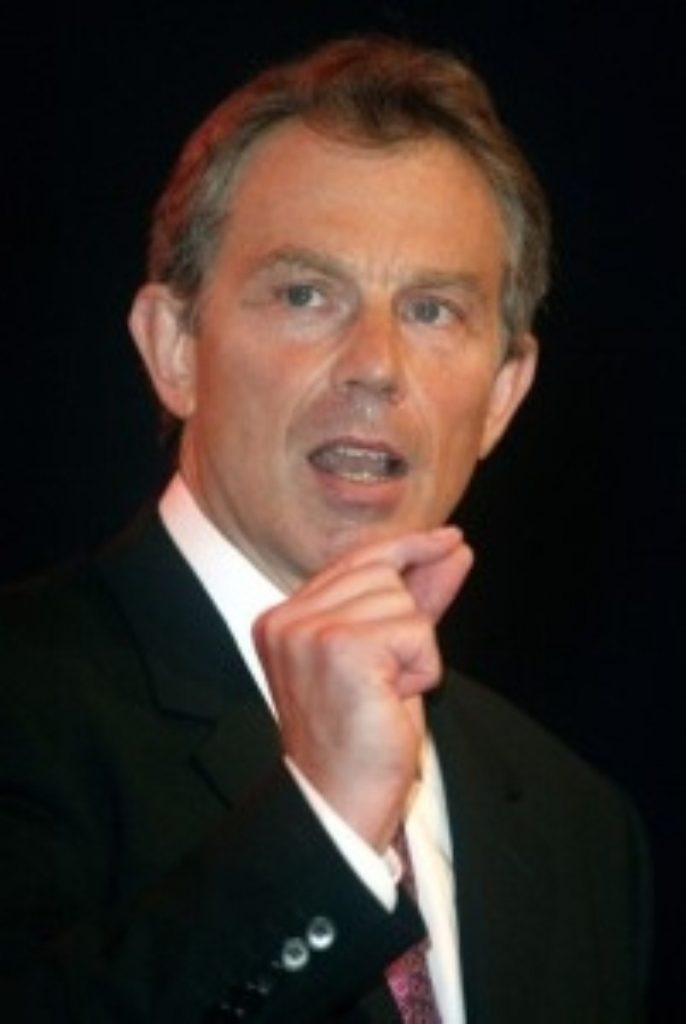Blair – Next year will be “a year of decision” for Africa
The Prime Minister Tony Blair today said that next year would be “a year of decision for Africa and for the international community”.
In a speech at the Africa Commission in Addis Ababa, Ethiopia, he argued that Africa deserved the attention of the rest of the international community for both moral reasons and because “it is in our own interests”.
Mr Blair stressed that there were many problems such as debt, disease, conflict, poor governance, and inadequate aid in Africa, but he added: “The difference is that, this time, we have to put together a plan that is comprehensive in its scope and has at its core a real partnership between Africa and the developed world. The price for failure will be disaster for Africa. The prize for success will be an Africa standing proud in its own right in the international community.”
The Prime Minster highlighted that the United Nations’ review of the Millennium Development Goals would reveal that Africa had not enjoyed the progress that other parts of the world had seen.


Mr Blair said: “Those of us who believe that everyone – not just a few – should have the chance to fulfil their own potential, cannot stand by and watch Africa be left behind by the rest of the world.”
He stated: “So there is a moral cause.
“But there is a second reason why the rest of the world cannot stand by and watch Africa get left behind. Because we cannot afford to. Because what happens in Africa, affects the rest of the world.”
The Prime Minister said that it was for these reasons that he decided that Africa would be one of his two priorities for the UK Presidency of the G8 in 2005 – alongside climate change.
“I want to use our Presidency – and the interest that the G8 has taken in Africa for many years – to turn this international attention into renewed international action to support Africa. And we set up the Commission for Africa in May to help us achieve that.”
Mr Blair stressed that progress in Africa had to be led by Africa. Further, he highlighted that different countries would develop in different ways.
“So the international community – donor counties and the development banks – must allow African countries the space to determine their own paths to development – agreed amongst their own people.”
He outlined four things that the international community must do to help Africa – two things that would stop progress being set back; and two things that must be done to help accelerate progress.
The international community had to help tackle two of the biggest threats to Africa – disease and conflict.
“If we can help Africa to stop progress being undone by disease and conflict, Africa’s people will ensure that Africa grows. But in order to achieve the Millennium Development Goals in Africa by 2015, progress needs to be much faster.
“This requires additional resources from the public and the private sector. International action can make this happen.”
He stated: “In order to provide the additional 50 billion dollars which the UN says is required to meet the Millennium Development Goals, we need donor countries to increase aid and debt relief, to front load it and to direct more of it to the poorest counties which need it – in Africa.”
The UK had shown the way and would continue to do so in order to reach the 0.7 per cent UN target in 2013, he said.
Further, Mr Blair said: “We are calling for a revaluation of IMF gold to wipe out the debt owed by poor countries to the IMF.”
He also highlighted Britain’s proposal for the creation of an International Finance Facility.
But he stressed: “Aid alone is not the answer. We also need to increase private sector investment in Africa.
“We need action to open up opportunities for business in Africa to grow faster by trading with the rest of the world. There could be no clearer example that what is good for Africa is good for the rest of the world too. We will all benefit from fairer trade.”
He applauded the efforts of the WTO in this area, but he said: “We should not wait for the WTO to increase the opportunities for Africa to trade. We can increase these opportunities now. For example, once Lesotho was allowed to import cotton from China to turn it into clothing, which it then sold to America, business boomed. It increased from less than $100 million to over $300 million in three years. The EU and the G8 must encourage such collaboration between developing countries to help them trade out of poverty.
“These are things which the international community – the G8 – can do to support Africa, and should do.”











